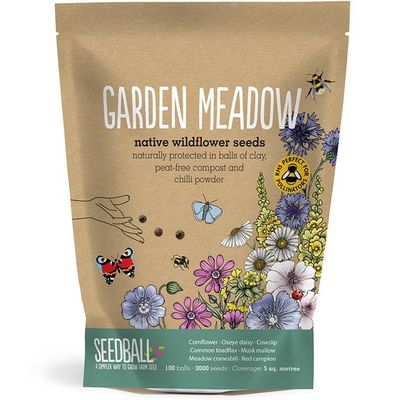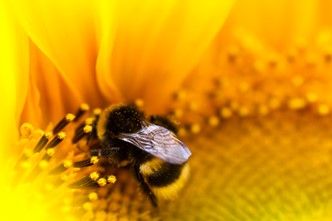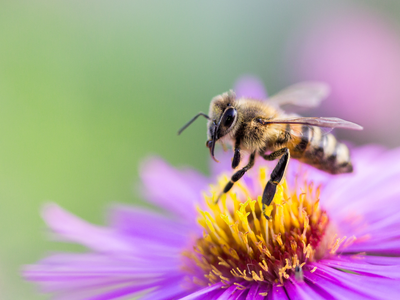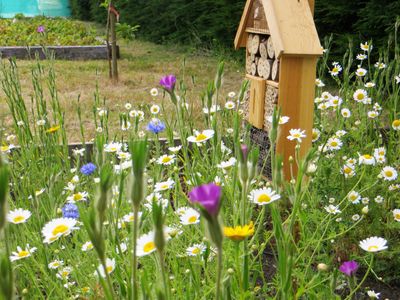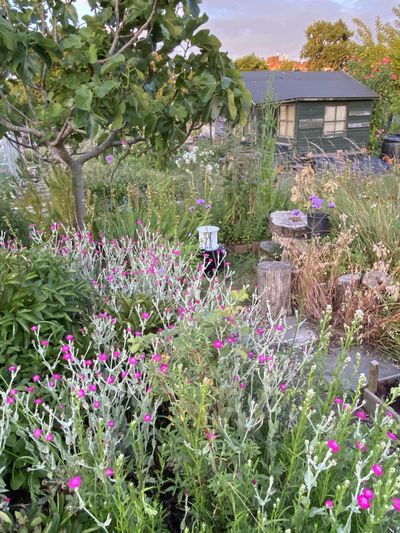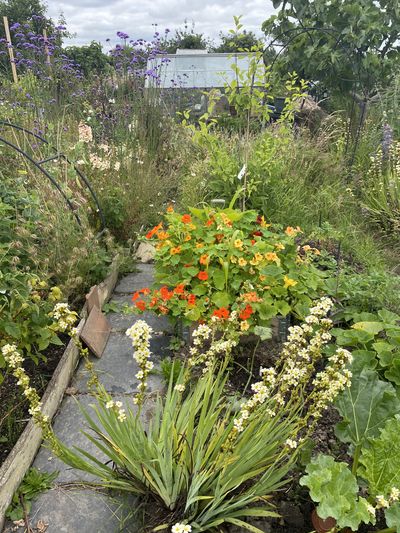Create your own mini wildflower meadow this National Meadows Day!
Published:
Read Time: 3 mins
· National Meadows Day is an annual event that takes place on the first Saturday of July.
· Here, wildflower experts, Seedball, explain how to create your own wildflower meadow at home.
Meadows play a vital part in supporting our local ecosystems, these beautiful areas are home to an array of wildflowers, plants, and wildlife habitats. Sadly, since the 1930s, the UK has lost an estimated 97%-99% of its wildflower meadows making them one of the rarest environments in Britain. This decline has had a detrimental effect on pollinators and wildlife that use these diverse habitats for food and shelter.
National Meadows Day was launched by plant conservation charity, Plantlife, with the aim to raise awareness of these depleting fields of beauty, as well as encourage people to visit local meadows around the country to admire their unmatched beauty! To celebrate these superb areas of natural beauty, expert rewilding brand, Seedball, is encouraging the public to create their own mini wildflower meadows at home using its easy to scatter wildflower seed balls!
Creating your own mini wildflower meadow is simple, here Seedball has shared its top three tips to get started!
1. Choose your seed balls
Wildflower meadows are made up of two types of flowers: annuals, and perennials. Annual flowers such as cornflowers and field poppies will die off each year but are self-seeding, meaning more may grow in new places next year! Perennials like cowslip, common toadflax and musk mallow give vibrant colour and pollen rich blooms year after year.
If you’re still unsure on which wildflowers to scatter, Seedball’s Garden Meadow grab bag contains a mix of 100 seed balls, containing a mix of annual and perennial blooms that are perfect for pollinators and for adding bursts of colour to your meadow!.
2. Choose where you want to grow and pop your seed balls down!
No need to dig! As the wildflower seeds are encased in clay and peat-free compost, they are essentially already “planted”. Simply scatter onto bare soil or compost (avoid scattering on grass), leaving at least 10cm between each ball. The outer clay helps to prevent birds and insects from eating the seeds, keeping the seeds nicely protected and ensuring your bee and butterfly friendly wildflower garden has every chance of growing success. Choice a mix of flowers perfect for your patch – from shady to sunshine filled there are wildflowers to suit every aspect!
No garden? No problem! You can create even minier meadows in planters and hanging baskets too.
3. Caring for your mini meadow
Wildflowers are known for being low maintenance, but some care will be needed to make sure they stay looking their best! During the summer, or during periods of low rainfall, you will need to give your meadow a good drink of water, especially in the early stages while the roots are still forming and strengthening.
If you are popping your wildflowers in an area where there is grass you will need to keep the grass trim, or even monitor and remove as grass can grow much more rapidly than wildflowers and is very dominant, they can easily overgrow and deprive your lovely meadow of blooms of sunlight and nutrients.
But most importantly, remember to sit back and relax and enjoy the sounds of buzzing wildlife that visits to feast on your pollen-rich blooms and remember you’re helping to support these wonderful creatures!
For more advice on creating a wildflower meadow at home, and to see other ways you can help support wildlife, visit the Seedball blog at https://seedball.co.uk/blog/
Ends
Editors notes
Seedball was founded by two conservation scientists wanting to boost biodiversity and help wildlife.
Seedball Ltd is an innovative organisation on a mission to help increase the abundance of British wildflowers and the wildlife that depends upon them.
Owned by Project Maya – a non-profit enterprise - Seedball manufactures wildflower seed balls using a unique innovation of wildflower seeds mixed with clay, peat-free compost and chilli powder to naturally protect seeds from predators. Its products are sold in over 500 stores in the UK, including Kew Gardens, The Woodland Trust and Blue Diamond Garden Centres, as well as online retailers such as Crocus and Marie Curie. Each year, Seedball also donates products to hundreds of schools and community groups to help support their nature projects.

